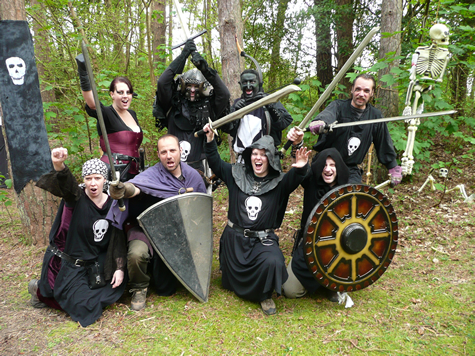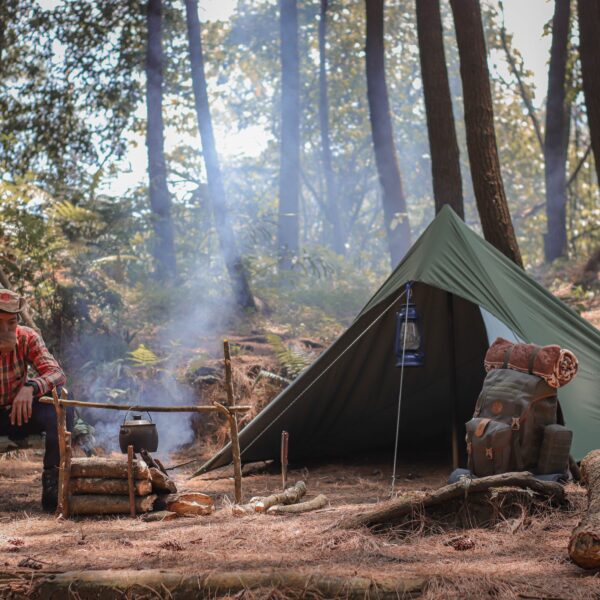Did you ever imagine being Indiana Jones because ancient excavations and things found deep in the ground seem interesting? But modern treasure hunters aren’t looking for sceptres or hidden jewels that can destroy the world. They target less ‘risky’ items, such as coins and things made of precious metals.
Metal (or treasure) hunting is the name for this exciting hobby. As seen on https://metaldetectorquest.com/, you need a ‘tool’ to help your hunt for valuable or interesting items. But for starters, the most important thing is not to expect this quest to make you a millionaire overnight (though not impossible).
Know What You Are Looking For
When you know what you’re looking for, you know to distinguish trash from valuable and significant items. Be prepared for failure. Most detectors can detect a wide range of various metals. Your ‘collection’ is likely to include bottle caps, change, imitation jewellery, cans, and much more junk.
Treasure hunt most often refers to the search for gold, old coins, and relics. If your goal is gold, bring more tools to help you separate small lumps from the ground. For coins, choose smaller coils because they don’t detect most metal trash. You won’t lose time on picking up cans and bottle caps. Also, coins are rarely found singly, so be prepared to dig deeper, searching for the rest of them.
The search for relics is exciting because objects of historical significance are not something you see every day. But this hobby can be tricky, especially if you found the item on someone’s property. If you are lucky enough to find something valuable, it would be a good idea to find out the procedure and legal issues in advance.
Know Where to Look
You can’t just wander around with a metal detector and expect to get lucky. There is little chance of that. But you can explore locations, historical facts, visit a local museum, or talk to an archaeologist or historian. That can give you initial directions on where to start your search.
Historic sites are good starting points but keep in mind that you might not always be allowed to use metal detectors there. The same goes for public areas and private properties. Be sure to check that the treasure hunt is allowed in the desired locations. Change areas often if the hunt was unsuccessful.
The treasure hunt is not just about luck and digging around. You should also know how to interpret non-metal clues, especially when looking for money and relics. Suppose you find broken pottery or cutlery in a location. It’s a clear trace of a former settlement. There is a good chance that there are items of higher value nearby.
Use Metal Detector Carefully
As a beginner, you don’t need a top of the line metal detector. More information on this device see here. Until you practice a little and your search begins to show results, buying the most expensive device is not a worthwhile investment. The detector’s quality and reliability are essential. But for beginners, learning a hunting technique is more important than fancy equipment.
Sweeping is the most used technique, but it’s not just waving a detector back and forth. The point is in overleaping because it often happens that you miss a spot in a hurry. For example, go straight to an imaginary point. Then turn around, move a step to the side, and return the same way at a slow pace. This way, you won’t waste time searching the same route twice, and you will do the necessary overleap.
Be Respectful
Think of how the environment would look like if all the treasure hunters dug around and left holes behind. You got the point, so always try not to leave behind a mess and a ruined country.
If you already know that you will come across a lot of trash in your treasure hunt, you should take a bag with you and collect it. You won’t bring all that to the ground. A cleaner environment also means fewer false signals for the detector.
There is a lot of dilemma about metal detecting, like who owns the found item, who gets the reward, etc. These laws differ in states around the world. You must know your country’s regulations on metal detectors.
Image Credits: Les Chatfield




Like this article? Share with your friends!